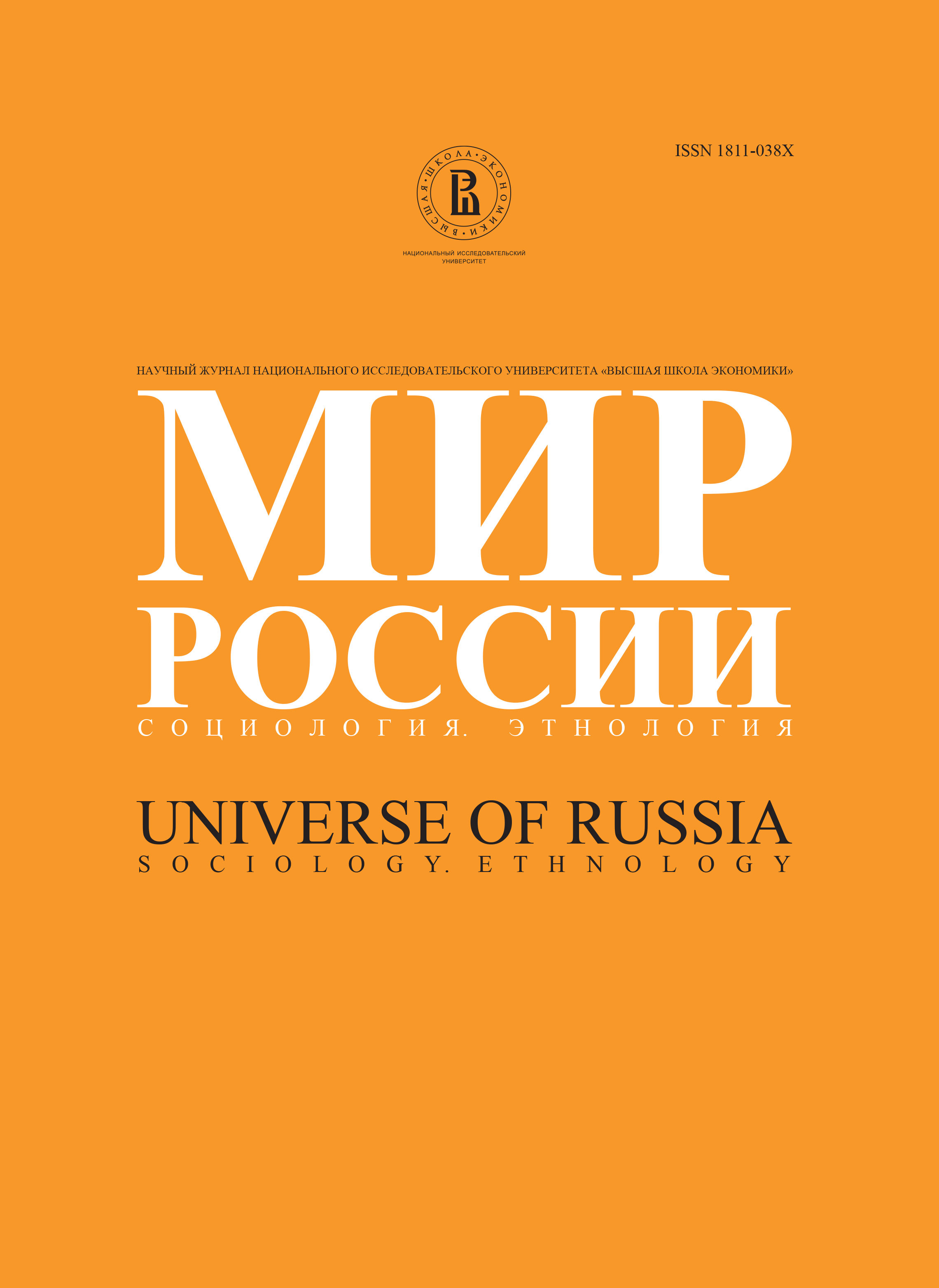Theatre Of Mistrust And Pessimism: An Attempt Of The Sociological Reading Of An Art-Project
Abstract
The article is written on the basis of the results of an art-project carried out by professional theatrical group «Arabesque» in 4 penitentiaries - medium and maxi security - in the region of Kharkiv, Ukraine in spring 2003. The art-project showing a play «A small play about betrayal» by O. Irvanets, a modern Ukrainian no (staging by S. Oleshko), to an audience composed of the inmates convicted of different crimes. The play is about the relationships between four personages and their as collaboration with the secret police in a post-Soviet state. The spectator learns that all the personages are involved in a complex play of mutual betrayal and distrust. It is argued that the analysis of the behavior in so called critical situations provide especially deep Sociological insights. The situation is considered as critical if there is no single and «natural» way of behaving and justifying the actions. The art-project created a double critical situation. First, the play was shown in prison where the routines and behavioral patterns of the «normal» life do not apply. Second, theatrical groups are rare guests in prison not only in post-Soviet countries, but everywhere. So, their coming questions even the local routines and the constitution of everyday life in the total institution as a whole. The reactions to this critical situation are the principal subject of the proposed analysis. The source of disturbances created for a period of the play consists in the relationships based exclusively on mistrust and betrayal shown on the stage. If for Dostoevsky there is no absolute truth, the truth emerge from a complex web of the relationships between his personages. the play persuades the spectator that even lie has not an absolute, but relative character. The lie «emerges» and self-reinforces as a result of the interactions between the four personages. The image of a «helix» of lie and mistrust seems appropriate: the personages tmst less and lie more as a result of the interactions between them. The interactions lead to their moral and physical (most them are drug users) degradation. In this context the choice is usually made not between the best and the second best, but it implies the search for the lesser of the two evils. The perception of the play by three groups of the spectators is compared with the help of a follow-up self-administered questionnaire. The first group is composed of the inmates (N=162), the second — of the prison guards (N=23) and the third — of the ordinary people who bought the tickets to see the play on one the stages in Kharkiv (N=34). The reaction to the play of the first and the third group appear to be very similar: the members of both groups find a great many similarities between the play and their everyday experience. On the contrary, the prison guards have shown an almost complete refusal of the play. The inquiry into perception of the post-Soviet state by the three groups brings to light the reasons for the divergence. All three groups are negatively dependent on the state (i. e. they depend on the state but do not have efficient feedback to influence its actions), but only prison guards accept such a model of relationships and even take it for granted. One can argue that the power relationships related to the state are one of the key elements of the constitution of the post-Soviet life. The same model — imposed power without efficient feedback with its subjects — is observed in prison and in the post-Soviet society as a whole, which explain the spread of the prison subculture far beyond prison»s walls (for instance, a broadcaster specializing in the blatnye, i.e. related to the prison subculture, songs is at the top of the ratings of Popularity both in Ukraine and Russia). Despite the fact that the article was written well before the November 2004 events 'tl Ukraine, it helps better understand the Sociological mechanism of the revolution deriving from a deep gap between, on the one hand, the state representatives and, on •he other hand, the rest of the post-Soviet population. Some predictions in respect of the other post-Soviet countries with a similar institutional organization (for example, Russia), can be made on the basis of the proposed approach.






